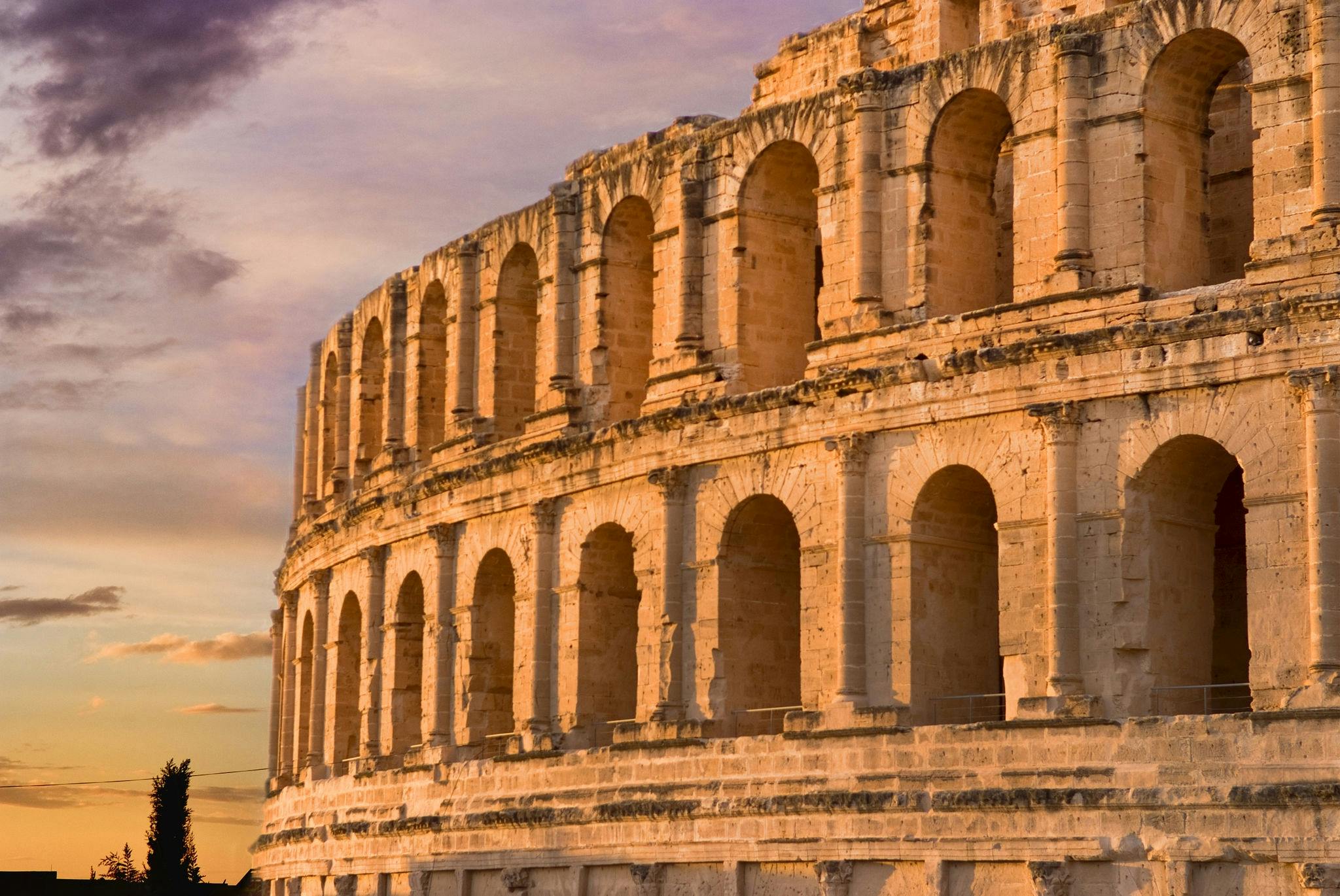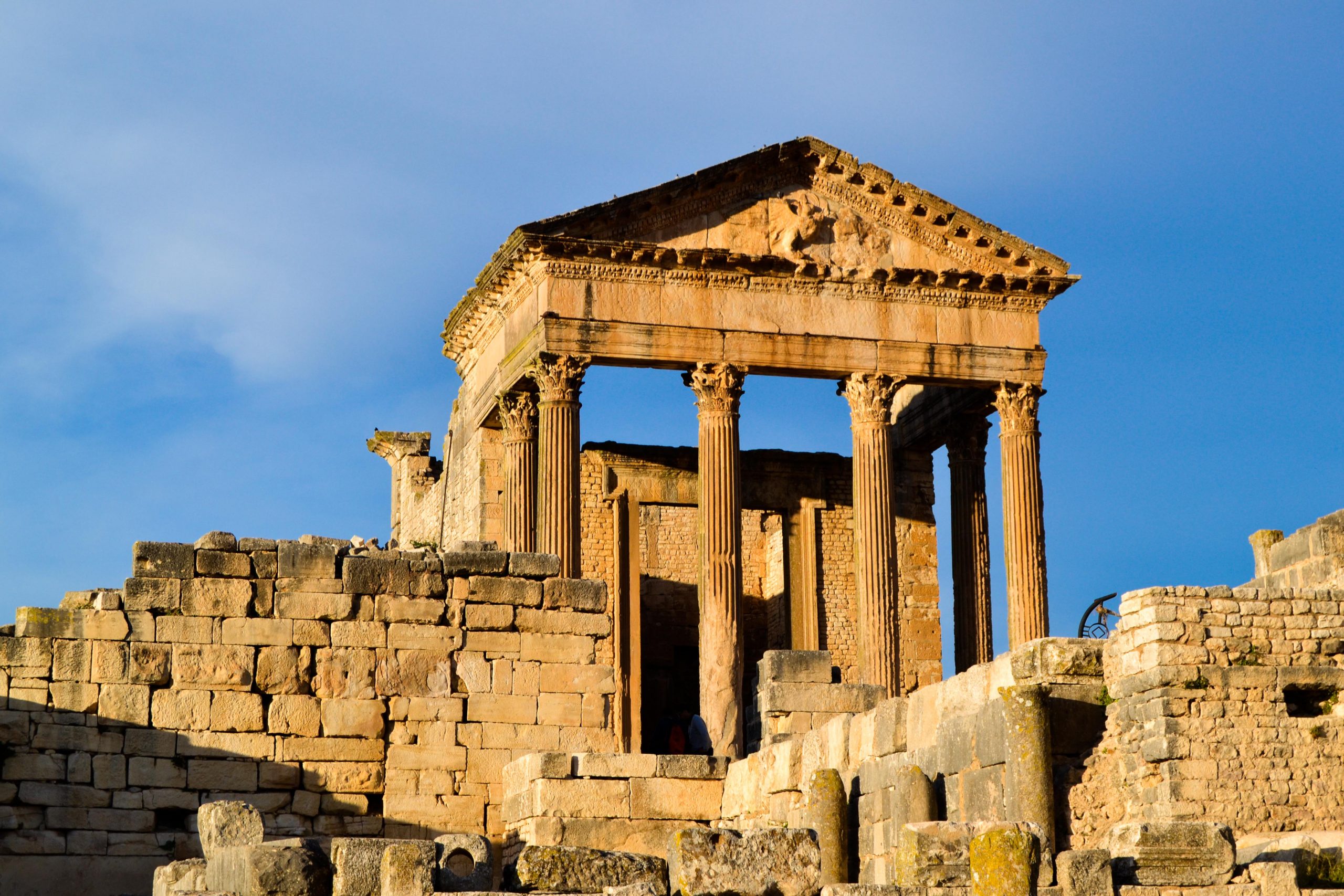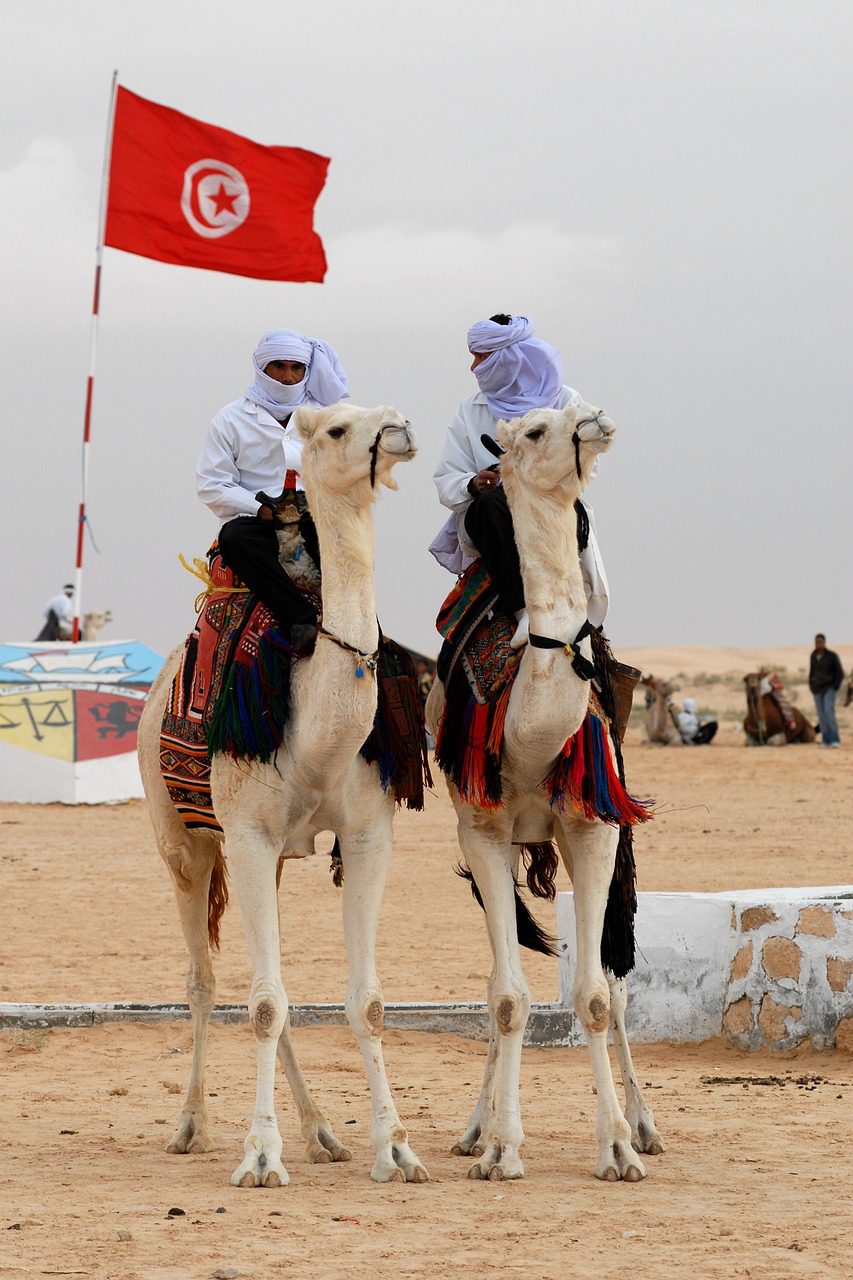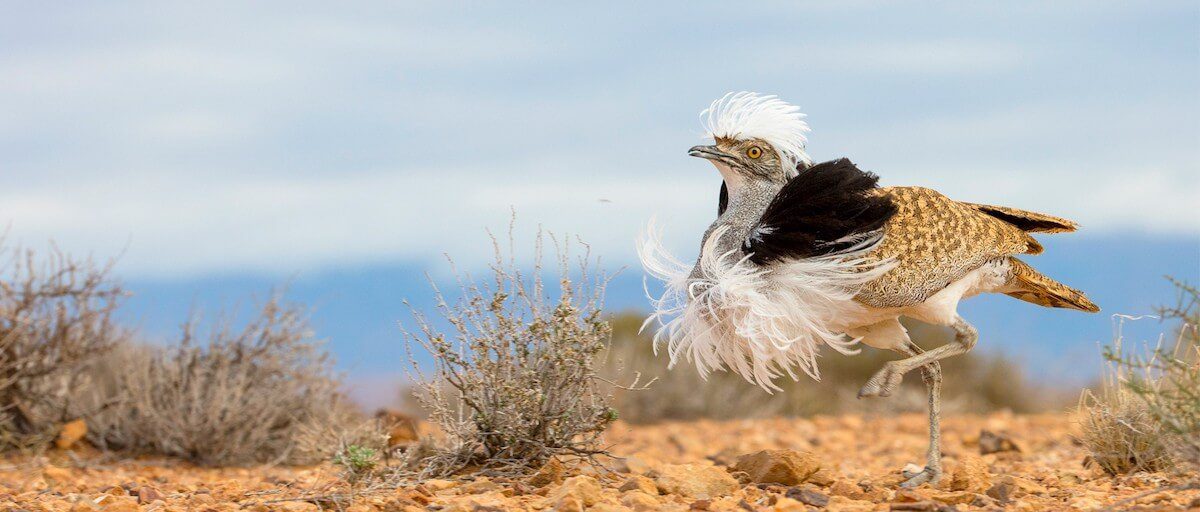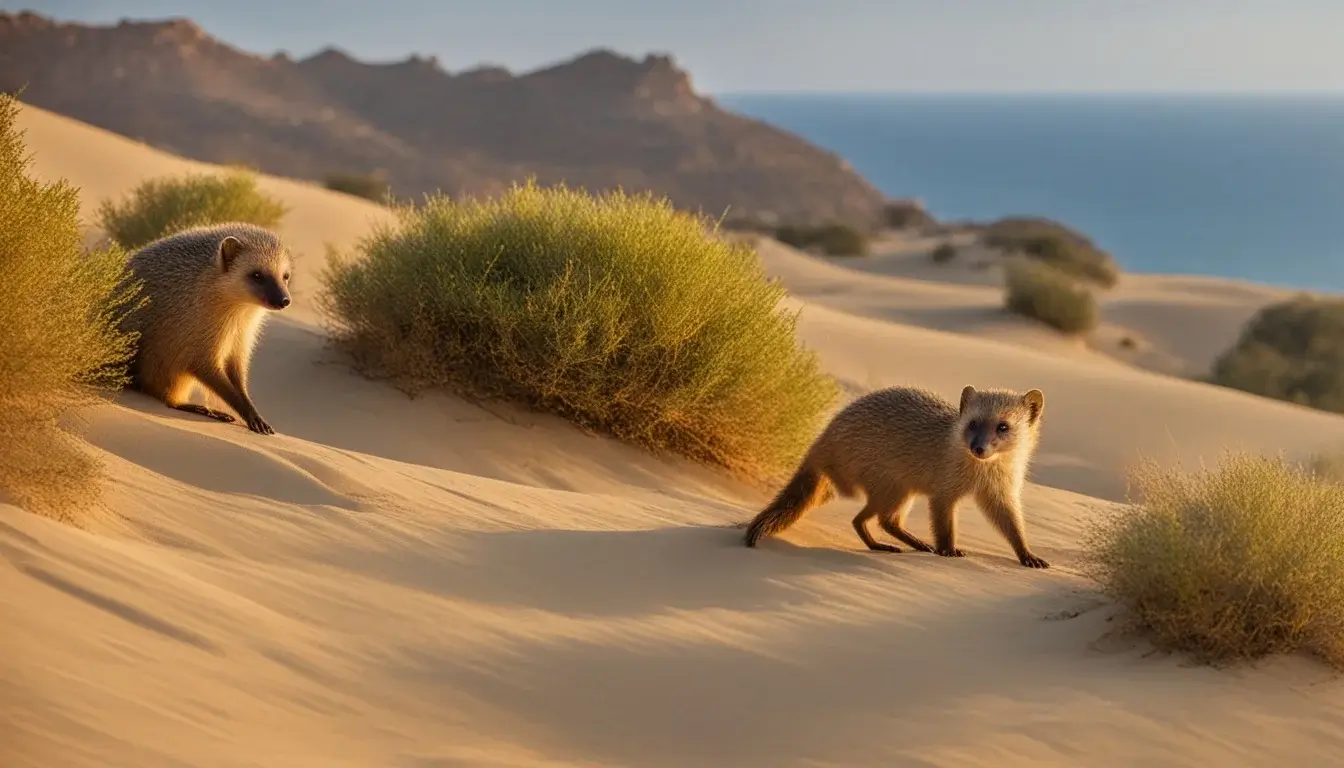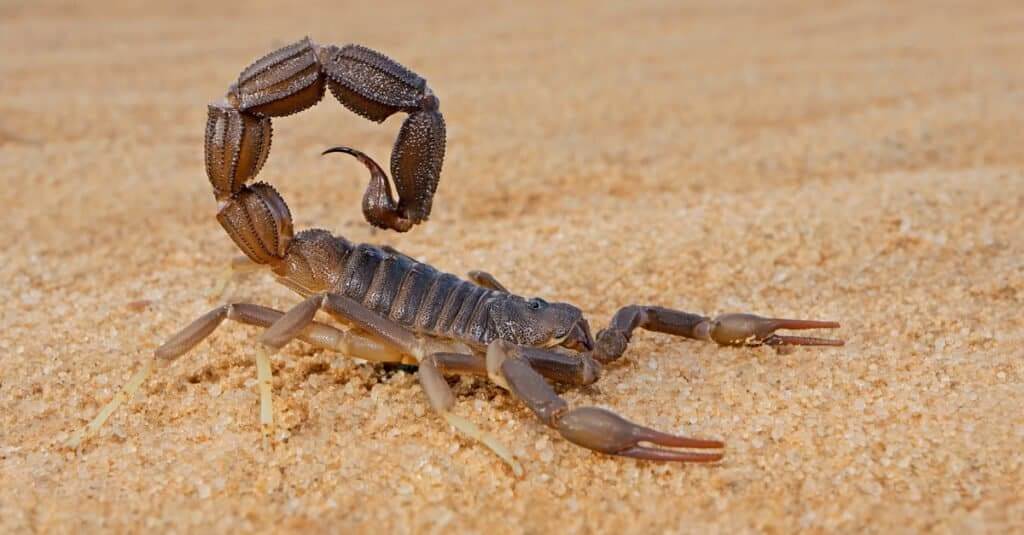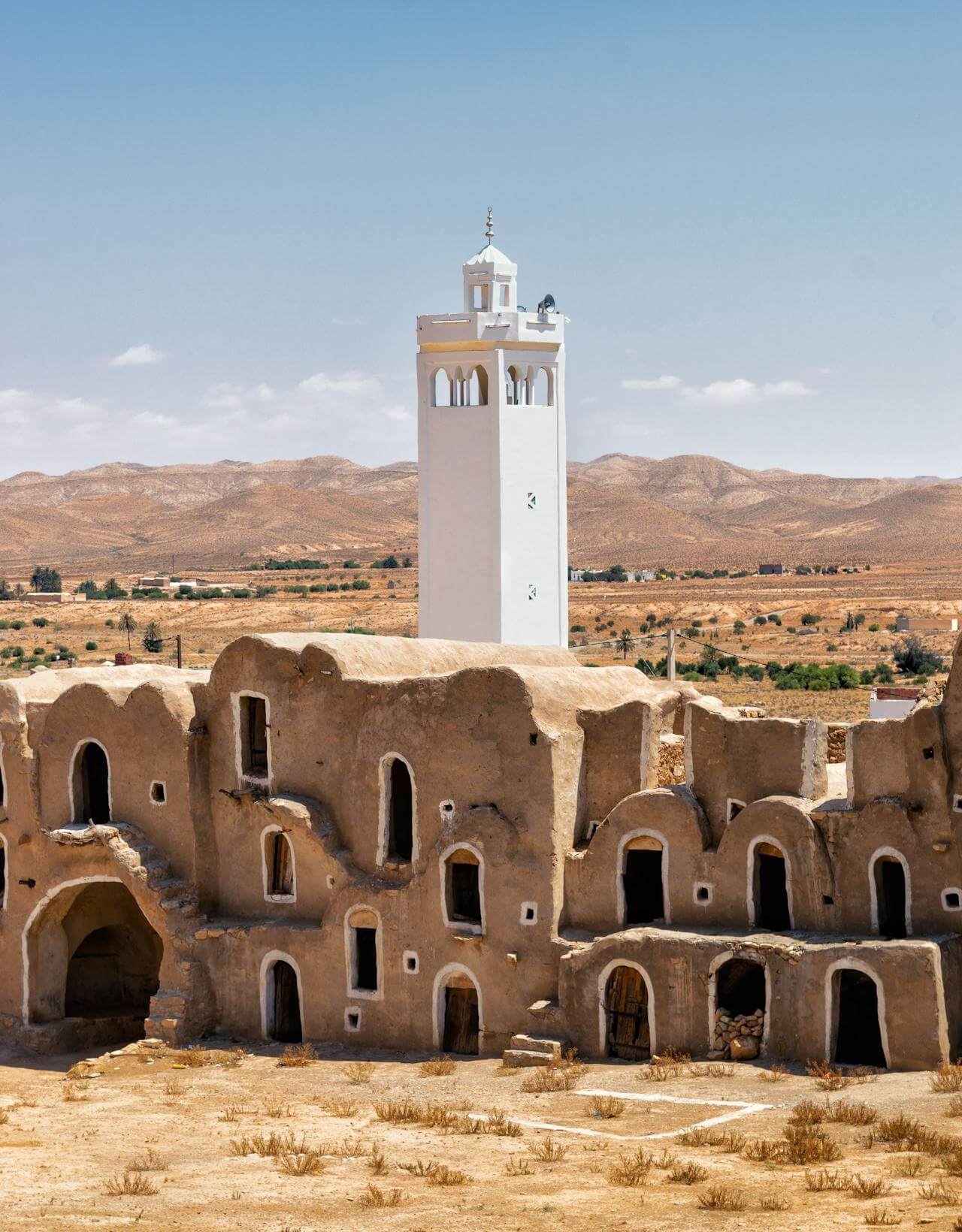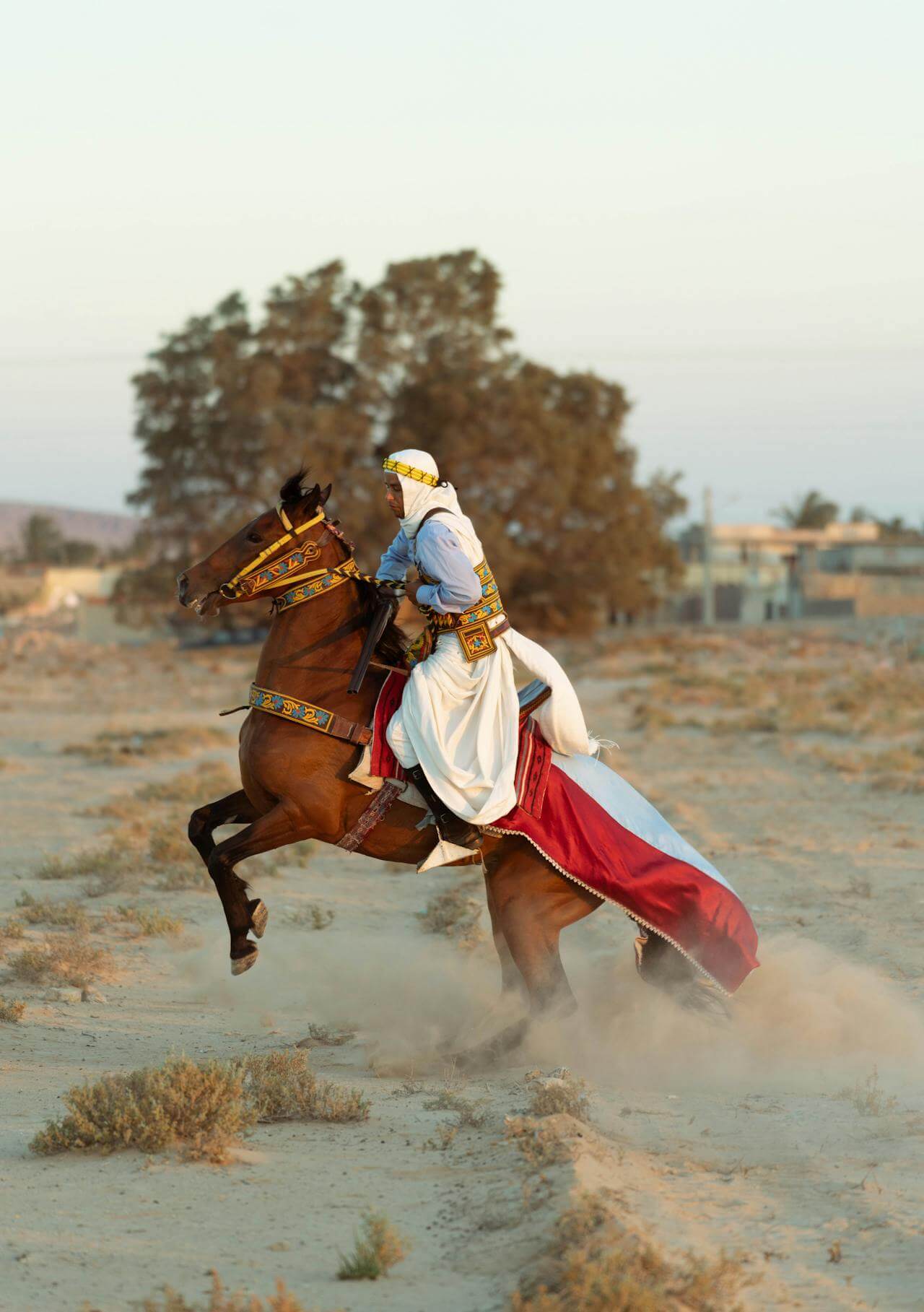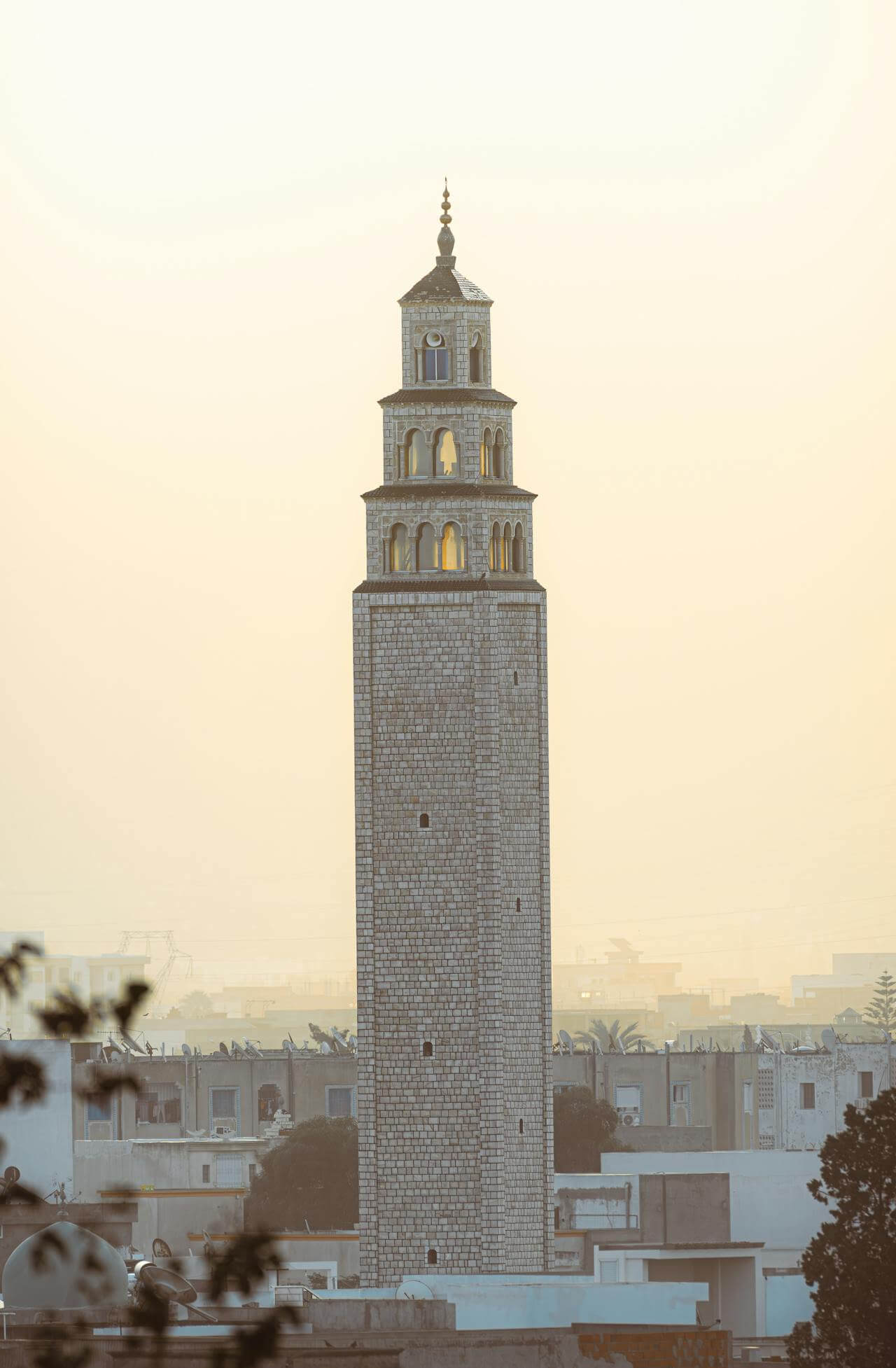Tunisia
Tunisia, From Sahara Sands to Mediterranean Magic
Together with Morocco and Algeria, Tunisia is referred to as the Maghreb Sangoku in North Africa.
It faces the Mediterranean Sea to the north and east, and shares borders with Algeria to the west and Libya to the southeast. The contrast between the white buildings and the blue sea is stunning along the Mediterranean coast under the bright sun.
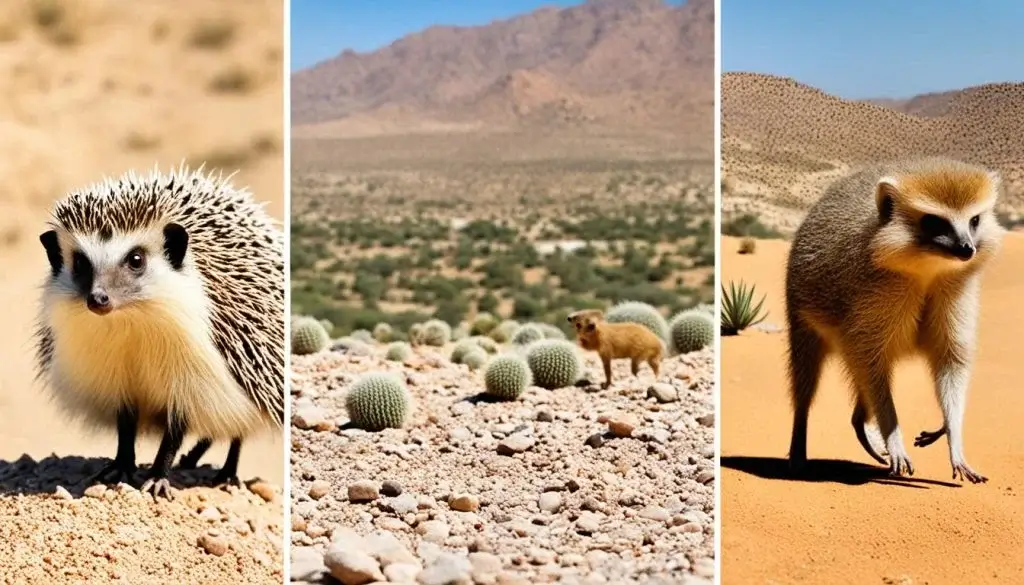
Places to Explore
Here are some of the top destinations in Tunisia
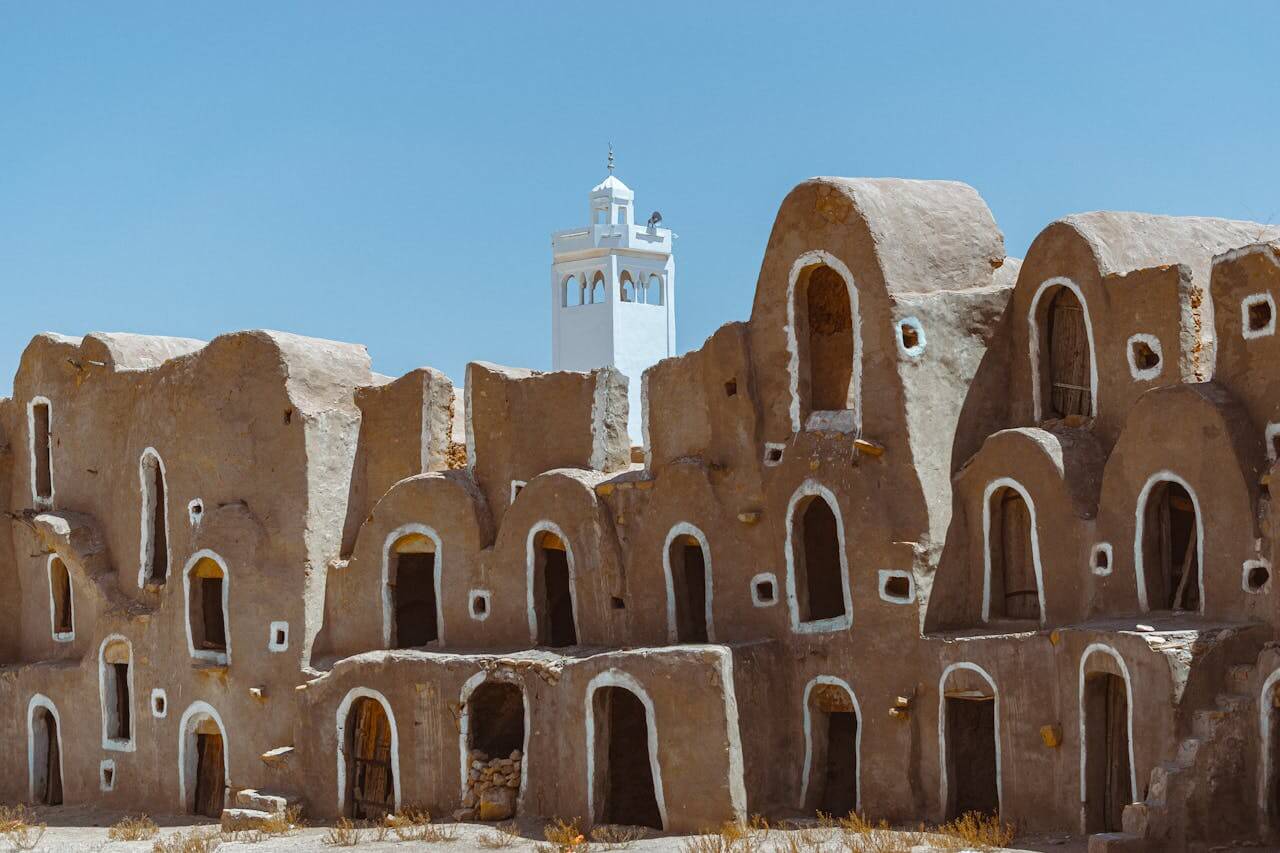
Matmata, Tozeur, Douz, Ksar Gillen, and Ksar Hadada
Toulouse is situated on the northern shore of Lake Gerido, Tunisia's largest salt lake. There is an oasis city at the edge of the Sahara Desert, which stretches southward. It is quite exotic to see the old urban landscape with light brown brick architecture. Because of the advantages of the palm forest, the date industry is flourishing. The airport serves as a starting point for trips to Lake Jerid and the Sahara Desert
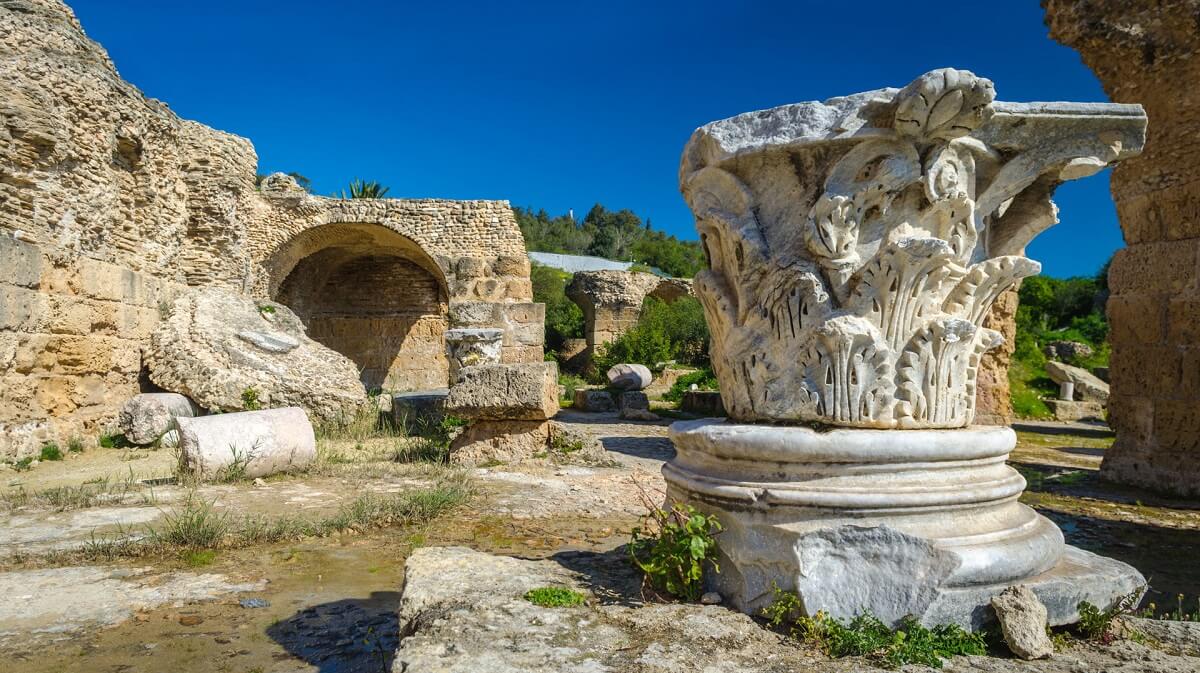
Cartago, Nabul, Sousse, and Sidi Bou Said
The largest city in the Mediterranean Sea, Tunisia has grown to be a vital hub for travel between Europe and Africa. A complex historical background reveals the architectural style influenced by the Middle East, Turkey, and Europe. Tunisia has two cities: an old city that grew under Islamic rule and a new city that expanded quickly during the French colonial era. In 1979, Tunis's old town (Medina) was listed as a World Heritage Site. Following Jammer Ez Zituna Street, which runs from the main entrance (Puerta de Francia) to the magnificent "Great Mosque" in the heart of the Medina, you can see souvenir shops, cafes, and other outdoor streets. Due to its proximity to Italy and abundance of upscale hotels, Tunisia Bay is a well-liked vacation spot for travelers from Europe.

El Jem, Dougga, and Keroan
Keroan is well-known as a city with world heritage. It is situated to the south of Tunis, the country's capital. It is a significant Muslim pilgrimage site since it is the birthplace of Islam in North Africa. It is the fourth holy land in Islam, after Jerusalem in Israel and Mecca and Medina in Saudi Arabia. Mosques are abundant in Keroan.
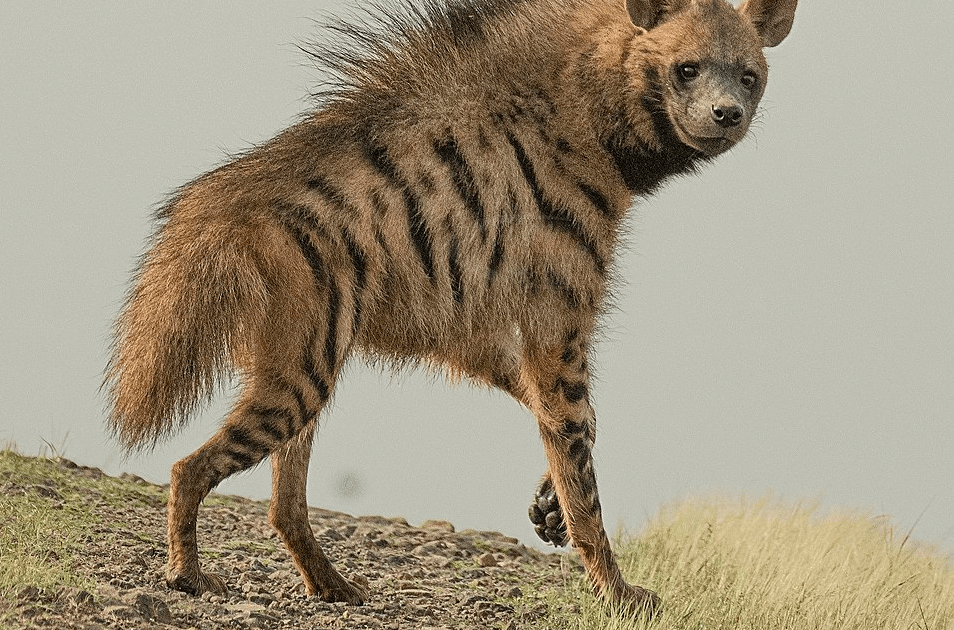
Bou-Hedma National Park
Bou-Hedma National Park, nestled in central Tunisia, is a hidden gem for nature and wildlife enthusiasts. Spanning vast semi-arid landscapes, the park is home to a variety of flora and fauna, including rare species like the scimitar-horned oryx and the elusive striped hyena. Its unique blend of savannah-like plains and rugged hills provides a serene backdrop for eco-tourism and exploration. Visitors can enjoy guided wildlife tours, birdwatching, and hiking while learning about Tunisia’s efforts to conserve its natural heritage. Bou-Hedma offers a tranquil escape into the wild, showcasing the lesser-known beauty of Tunisia’s diverse ecosystems.
Tunisia Safaris
A Journey of Desert Thrills and
Timeless Treasures
Experience Tunisia: Safaris with a Historic Flair

